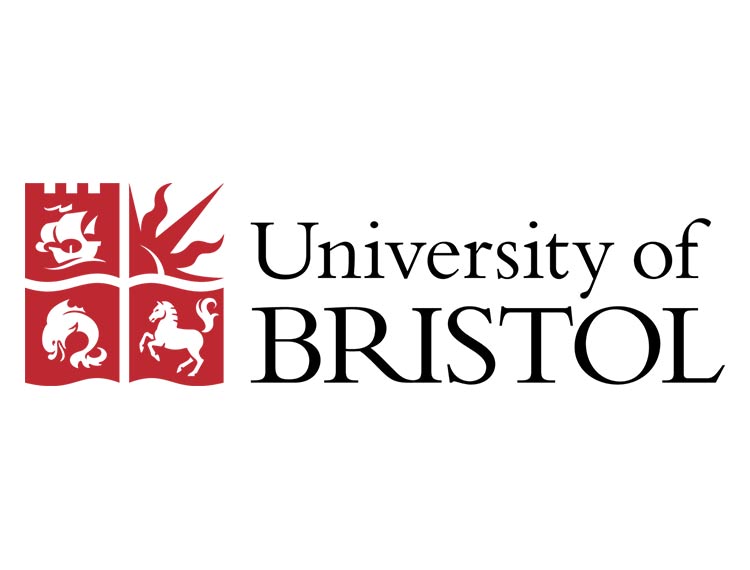International Mentoring Scheme: Physics Programme Offers #STEM Mentoring in Pakistan

The previous academic year saw the launch of the International Mentoring Scheme, a programme led by the University of Bristol’s School of Physics, which offered undergraduates the opportunity to work with students in Pakistan.
The aim of the project was twofold, firstly to encourage the study of physics in schools internationally, and secondly to offer students in Bristol some teaching and outreach experience.
Last year eleven University undergraduates took part in the programme which partnered with six schools across Pakistan. This year the number of undergraduate mentors has increased to fourteen, working with eight partner schools.
The programme offers students in Pakistan, who are studying A Levels or their equivalent, a chance to discuss the subject in greater depth and explore beyond the syllabus, as well as to find out something about the everyday life of a university student in the UK. The students in Bristol write a report on their mentoring experience, which staff in the School of Physics assess.
Professor Walther Schwarzacher, from the School of Physics, who initiated the programme said; “I am extremely happy with the response to this programme. There is a huge need worldwide for the skills and understanding that studying physics provides, so it is really essential to encourage prospective physicists wherever they live. This programme has given our undergraduates a chance to share their enthusiasm for the subject with talented pre-university students in Pakistan, and motivate them to persevere.
The great thing is that both mentors and mentees have expressed satisfaction with the experience. Our students value the chance to ‘make a difference’ but also to gain teaching and communication skills that will be invaluable to them in whichever career path they take. Students overseas get the chance to discuss any parts of their coursework that they find particularly difficult, but also to learn something about more advanced topics such as astrophysics and quantum mechanics.
We hope one day to be able to expand this scheme and work in more countries and across more disciplines.”
The mentoring classes were carried out via video, over the internet, which provided a low cost and immediate method to communicate with the Pakistani students.
Naomi Getzler, who is a third year physics student, said; “‘The international mentoring programme was an unexpected gem amongst my third year physics units. In weekly classes on Skype, I introduced aspiring young women physics students at Lahore Grammar School to subjects far beyond their school syllabus – from black holes to white holes, anti-matter to dark matter and the big bang to the big crunch. It was wonderful to encourage and help them on their route to studying STEM subjects at university.”
Uzair is one of the students based in Pakistan, who was able to join the mentoring programme; “The sessions were of great excitement and were very interesting. They were very valuable to us and much of what we learned was outside the constrictions of the classroom and school syllabus. We were able to ask questions which usually go unanswered in the classroom. Our discussions gave us a deeper understanding of the topics.”

Responses